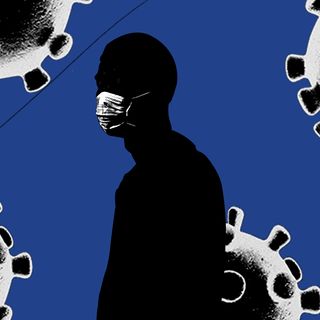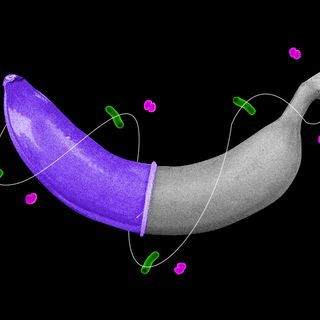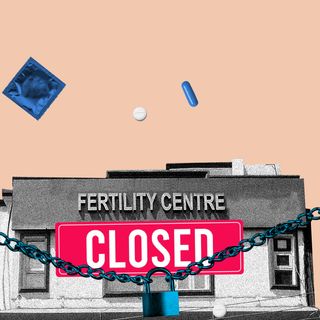Yesterday, the continent of Africa was declared free from wild polio by the Africa Regional Certification Commission (ARCC), a WHO-appointed independent body.
The wild poliovirus primarily affects children under five, and can lead to irreversible paralysis — five to ten percent of those paralyzed by the virus die when their breathing muscles become immobilized. In 1996, 75,000 children in Africa were paralysed by polio. But since then, through oral polio vaccines, Africa has averted an estimated 1.8 million cases of wild poliovirus. “This is one of the greatest achievements in public health history,” Tedros Adhanom Ghebreyesus, Director-General of the WHO, and Holger Knaack, President of Rotary International, co-wrote in Al Jazeera yesterday, celebrating the eradication. Following the eradication of smallpox from the continent a few decades ago, this is the second time the country has been declared free of a disease.
But the eradication of the wild poliovirus is the result of a long-drawn battle spanning decades of vaccination drives across the continent. In 1996, Nelson Mandela had started the ‘Kick Polio Out of Africa’-program, which mobilized millions of health workers, who went from village to village to hand-deliver vaccines. And now, Nigeria has become the last African country to be declared free from the virus, after having accounted for more than half of all global cases less than a decade ago. In 2015, Nigeria was removed from the global list of polio-endemic nations, and in 2016, the last case of the wild poliovirus was recorded in Nigeria in its northeastern Borno state. Now, with Nigeria finally free from the virus, instances of wild polio can only be found in Afghanistan and Pakistan, which WHO calls the “final wild poliovirus bastion.”
Related on The Swaddle:
Anti‑Vaxxers Are the ‘Biggest Threat’ to Controlling Outbreaks, US Researchers Warned in 2019
Dr. Matshidiso Moeti, the WHO’s regional director for Africa, called this a “momentous, massive undertaking, with amazing persistence and perseverance,” adding that improved surveillance, and dealing with violent levels of vaccine scepticism that even led to deadly attacks on health workers, were key to the success of the eradication drives. She also thanked polio-survivors, who were part of the eradication teams, and shared their struggles to convince people, who were sceptical of vaccination. She added that the fight is now to improve the lives of these survivors. “It is incredible that what we have started years ago has built these results… [But] ninety percent of polio survivors in Nigeria live in poverty. Many of us are trawling the streets to survive, begging. It should not be so,” Musbahu Lawan Didi, co-founder of Nigeria’s Association of Polio Survivors, said.
However, while Africa is finally free from the clutches of the wild poliovirus, a vaccine-derived poliovirus still remains. It is a rare form of the weakened, but live, virus that mutates from the oral polio vaccine and then, spreads to under-immunized communities — and can cause paralysis. BBC reported that 177 cases of the vaccine-derived poliovirus were identified in the continent this year.
“As countries work to suppress Covid19, many of the same basic traditional public health methods used in polio eradication, including contact tracing and surveillance, are key to breaking the chains of transmission and saving lives and livelihoods from the first coronavirus pandemic in human history,” Tedros and Knaack noted.




